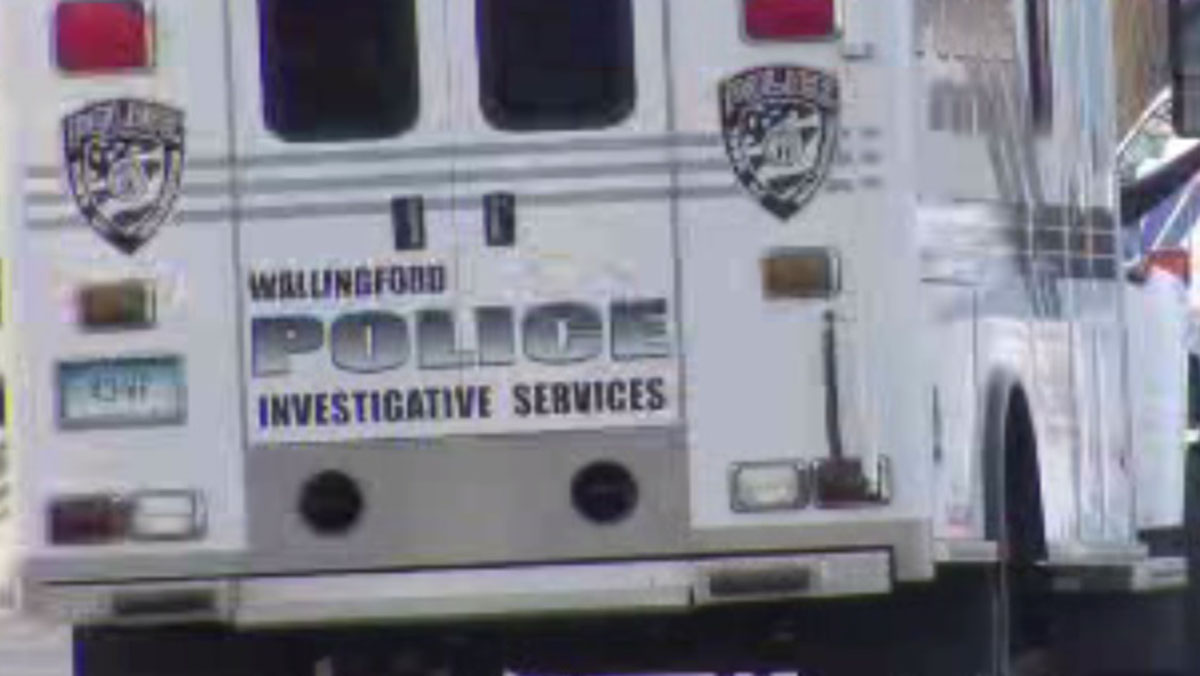We know that kids have really struggled during the last two years of the pandemic. The Connecticut Education Association (CEA) is trying something new to raise awareness about the problems both students and staff face on a daily basis.
The CEA is taking to social media with a campaign called "What You Don't See."
"One of the things that we started to realize was that so much of the experience of educators and students were invisible to the people making decisions," Kate Dias, president of the Connecticut Education Association said.
"There's so much that people don't see that really influence how our school's function, and what our student experience is like, and what our teacher experience is like, and we figured if we could start shedding light on to the things that are unique to our working conditions, unique to our experience, then it helps make good decisions happen," Dias continued.
329 medal events. 32 sports. Endless drama. Catch all the action at the Paris Olympics. Sign up for our free Olympics Headlines newsletter.
Some of those "invisible" issues include indoor air quality, but the majority focus is on mental health.
"We have a host of students presenting with pretty major mental health disorders such as anxiety and depression, things that you wouldn't expect to see in five- and six-year-olds," a woman for the campaign said.
And many more voiced their thoughts for the campaign.
Local
"And what I'm going to tell you is that this year, more than any year ever, counselors are crying in their cars because we are overwhelmed. We are overworked, and we have too much to do," Sharon Veatch, a Falls Village school counselor said.
"What you don't see is that our children are hurting, Vanessa and Cassidy Hammond, a mother and daughter from Danbury said.
The National Alliance on Mental Illness said 39,000 Connecticut Children Suffer from major depression. 24,000 are not getting the help they need, and part of that stems from staffing issues.
In Connecticut, there's an average of one school counselor for every 457 students. The recommended ratio is one counselor for every 250 students.
"Mental health, I always tell people, it's one of the few times it really, genuinely is a numbers game. If we don't have the people to help the kids, we can't help them. We're going to do our best; we are going to rely on everything we possibly can, all of our training, sort of in the trenches as teachers, we're given some training on how to triage," Dias said.
"If we can properly staff and work with them, some of those mental health specialists, and we can infuse our districts with more support like that, it actually makes everybody's life better. Your classroom teachers have more ability to focus on those activities. Your principals can focus on leading their buildings. Your social workers, guidance counselors, and school counselors can do their jobs more effectively and less triage in more preventative, thoughtful, structured counseling," she continued.
Dias said local lawmakers have worked with them recently to alleviate some of these problems. There was recently a proposal to fund HVAC upgrades in schools.
Dias said there are still more issues to tackle, and the goal of the campaign is to make more people notice.
"When you hear kids talk about what this is like, so it's really powerful too I think, have those individual narratives actually to put a voice to things like anxiety. It's one thing to say that word, it's a whole other thing to have students talk about trying to get out of the car, to get into the school, to face the day. We really want people to step up and tell your story, "Dias stated.
Those who want to share their story for the campaign can visit the Connecticut Education Association Website.



